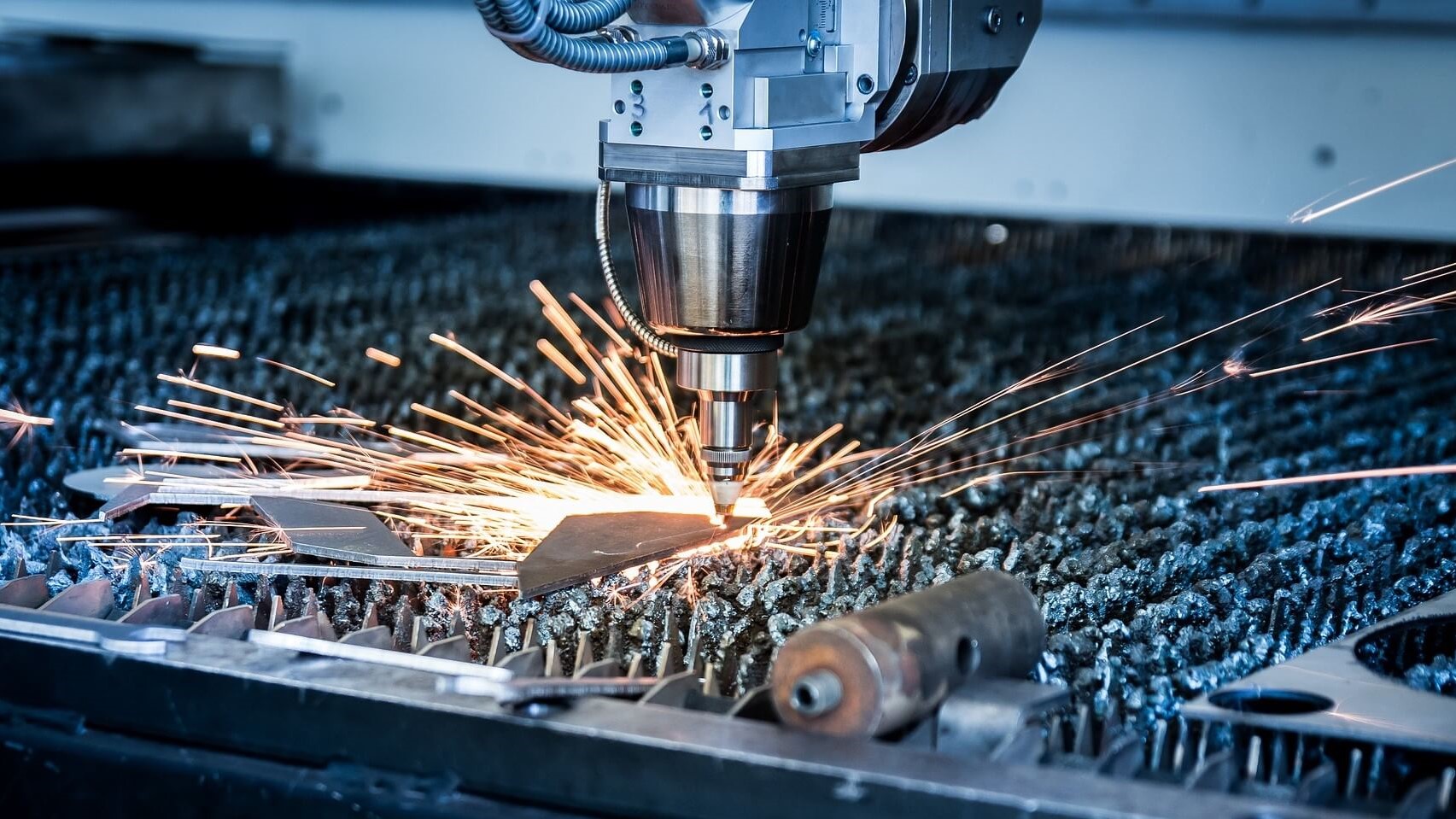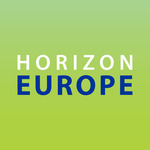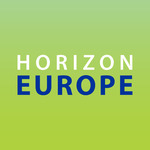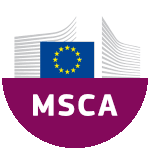Coordinator

The Industrial Technologies Division is the response of the I3A to bring together the research made in technologies that have application in the Factories of the Future. The productive model in European countries has to change to face the challenges of the global competition, and it is necessary to develop technologies able to boost the competitiveness of our productive sector.
General lines of research
- Power electronics
- Automotive
- Production technologies
- Logistics
- Photonics
Keywords
Electronics and photonics, advanced manufacturing, metrology, automotive technologies, logistics, advanced materials, structural design, induction heating, electric vehicle, hybrid vehicle, smart vehicle, driving simulators, finite element method calculation, transportation, computer aided machinery, composite materials, optics, mobile robotics, factories of the future, supply chain
Projects
Cross-assessment of energy certificates in Europe

COMPUTER-AIDED EFFECTIVE FRACTURE RISK STRATIFICATION OF PATIENTS WITH VERTEBRAL METASTASES FOR PERSONALISED TREATMENT THROUGH ROBUST COMPUTATIONAL MODELS VALIDATED IN CLINICAL SETTINGS

Resilient Solutions for Coastal, Urban, Estuarine and Riverine Environments
 ,
, 
